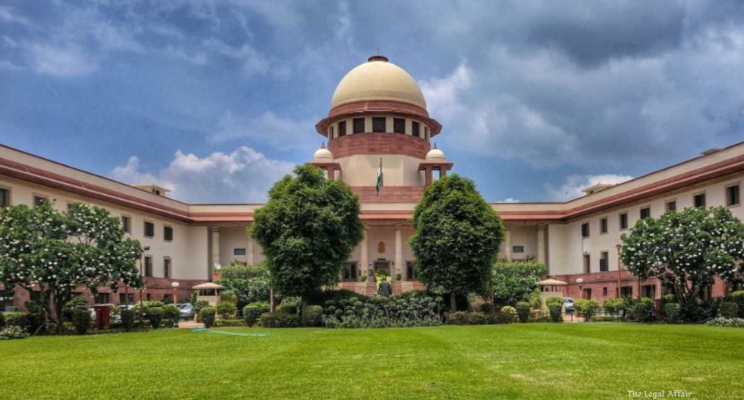View News
Pre-Cognizance-Hearing-for-PMLA

Supreme Court Mandates Pre-Cognizance Hearing for PMLA Accused Under BNSS
Introduction
The Supreme Court of India ruled in a landmark decision that those accused under the Prevention of Money Laundering Act (PMLA) have the right to a hearing before a court considers complaints made by the Enforcement Directorate (ED), so long as the complaints were submitted after the Bharatiya Nagarik Suraksha Sanhita (BNSS), 2023, went into effect on July 1, 2024.
Background
One important piece of law to combat money laundering in India is the PMLA. The ED may directly file complaints with Special Courts assigned to handle such cases in accordance with PMLA Section 44(1)(b). The procedural components of these complaints were traditionally handled by the Code of Criminal Procedure (CrPC).
However, major procedural modifications have been implemented since the BNSS was introduced, replacing the CrPC. Notably, the BNSS's Section 223(1) requires the magistrate to provide the accused a chance to be heard before taking cognizance of the offense. By guaranteeing that the accused can make their case early on, this clause seeks to improve the fairness of criminal processes.
Supreme Court's Ruling
The relevance of Section 223(1) of the BNSS to PMLA cases was discussed by a bench made up of Justices Abhay S. Oka and Ujjal Bhuyan. The Court ruled that Special Courts must follow the BNSS's procedural criteria, which include giving the accused a pre-cognizance hearing, for allegations submitted by the ED after the BNSS went into force.
The relevance of Section 223(1) of the BNSS to PMLA cases was discussed by a bench made up of Justices Abhay S. Oka and Ujjal Bhuyan. The Court ruled that Special Courts must follow the BNSS's procedural criteria, which include giving the accused a pre-cognizance hearing, for allegations submitted by the ED after the BNSS went into force..
Implications
This decision has important ramifications for how money laundering crimes are prosecuted in India:
Improved Procedural Safeguards: The ruling upholds the importance of procedural justice by guaranteeing that those who are charged have a chance to argue their position before a court considers a complaint.
Clarity on BNSS Applicability: The Court clarifies the procedural framework governing PMLA complaints filed after its adoption by confirming that the BNSS applies to such circumstances.
Prospect for Re examination of Previous Cases: Although the decision focuses on complaints submitted after the BNSS went into force, it might lead to a review of earlier cases in which comparable procedural protections were not upheld.
Conclusion
The ruling by the Supreme Court is a major step in bolstering the PMLA-guaranteed procedural rights of those who are charged. The Court guarantees that the principles of natural justice are respected and that the accused has a fair chance to refute the accusations against them at the earliest possible point in the legal process by requiring a pre-cognizance hearing.
This decision not only supports the judiciary's dedication to defending individual rights within the criminal justice system, but it also fits with the BNSS's larger goals to improve procedural fairness.
"Unlock the Potential of Legal Expertise with LegalMantra.net - Your Trusted Legal Consultancy Partner”
Disclaimer: Every effort has been made to avoid errors or omissions in this material in spite of this, errors may creep in. Any mistake, error or discrepancy noted may be brought to our notice which shall be taken care of in the next edition In no event the author shall be liable for any direct indirect, special or incidental damage resulting from or arising out of or in connection with the use of this information Many sources have been considered including Newspapers, Journals, Bare Acts, Case Materials , Charted Secretary, Research Papers etc
-Prerna Yadav (LegalMantra.net Team)

